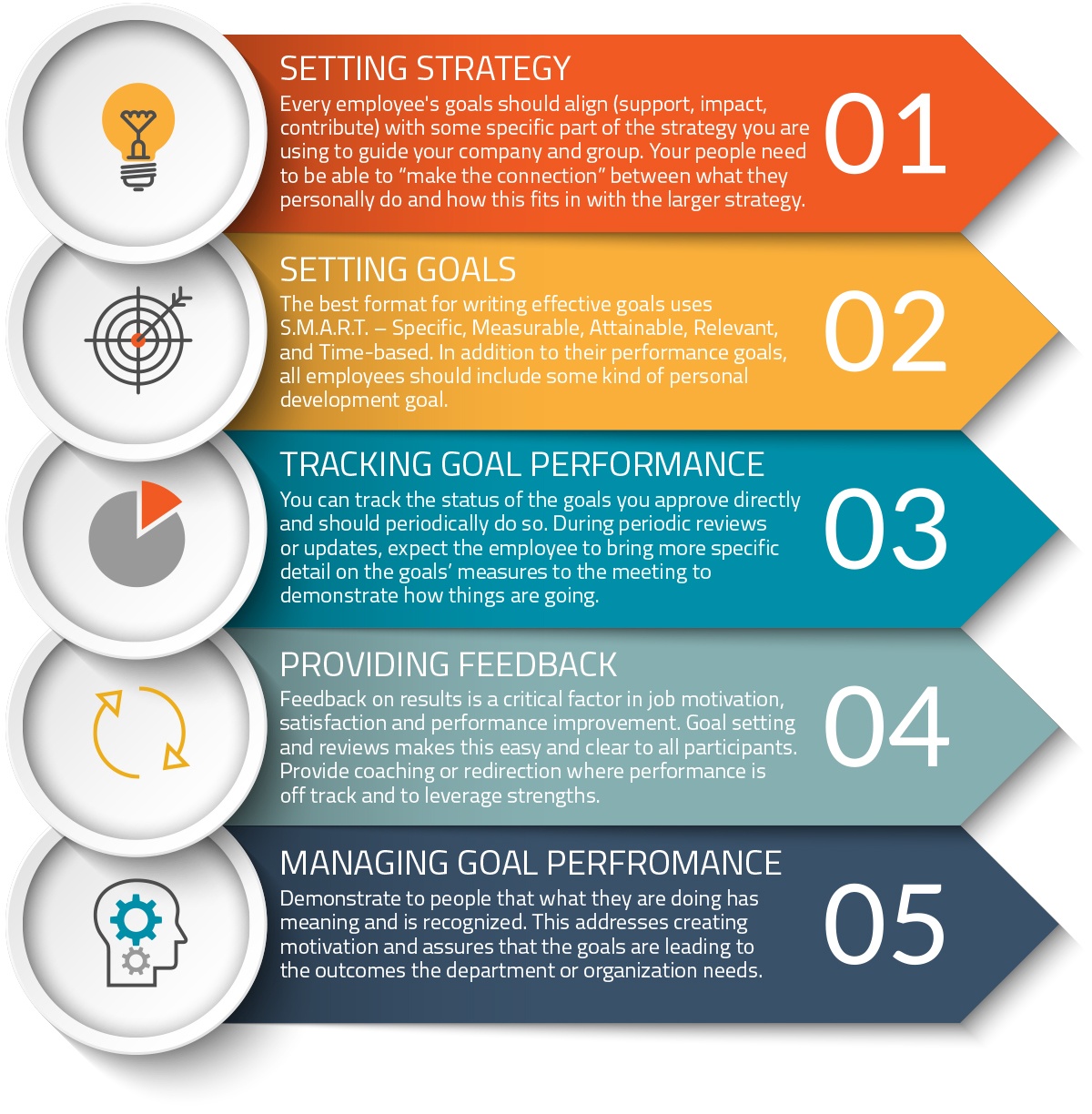Did you know that setting clear goals can be as satisfying as finding a forgotten twenty-dollar bill in your pocket? In the high-stakes world of trading, clarity in your objectives is crucial for minimizing psychological risks. This article explores how well-defined goals can significantly reduce stress and anxiety, enhance mental well-being, and prevent burnout. We’ll uncover the connection between goal clarity and motivation, confidence, and emotional regulation, while also addressing how measurable and realistic goals foster psychological resilience. Plus, we'll discuss effective strategies for setting priorities and tracking progress to combat decision fatigue and maintain mental stability. Join us at DayTradingBusiness as we dive into the transformative power of goal setting in trading and beyond.
How do clear goals reduce stress and anxiety?
Clear goals reduce stress and anxiety by providing direction and focus, preventing feeling overwhelmed. They break tasks into manageable steps, making progress visible and achievable. Knowing exactly what to do lowers uncertainty, which is a main source of worry. When goals are specific, it’s easier to prioritize and avoid distractions, reducing mental clutter. Achieving clear goals boosts confidence, easing fears of failure and uncertainty.
Why do specific goals improve mental well-being?
Setting clear goals boosts mental well-being by providing direction and purpose, reducing uncertainty and anxiety. It helps focus efforts, which builds confidence and a sense of achievement. Clear goals also break overwhelming tasks into manageable steps, lowering stress and preventing feelings of helplessness. When goals are specific, progress is easier to track, fostering motivation and emotional resilience.
How can goal clarity prevent burnout?
Clear goals reduce confusion and stress by providing specific direction, making tasks feel manageable. When you know exactly what to achieve, you avoid unnecessary workload and feelings of being overwhelmed. This focus helps maintain motivation and prevents frustration that leads to burnout. Setting clear goals also allows for realistic planning and progress tracking, reducing the risk of overcommitment and mental exhaustion.
What is the link between goals and motivation?
Setting clear goals boosts motivation by giving direction and purpose, making it easier to stay focused and committed. When goals are specific, they create a sense of achievement, which fuels ongoing motivation. Clear goals reduce uncertainty and anxiety, lowering psychological risks like stress and frustration. They help prioritize actions, preventing overwhelm and maintaining mental well-being. Ultimately, well-defined goals strengthen motivation, helping you stay resilient against setbacks and negative thoughts.
How do well-defined goals boost confidence?
Well-defined goals boost confidence by providing clear direction and measurable progress, making achievements feel attainable. When you know exactly what to aim for, doubts fade, and motivation increases. Tracking small wins builds a sense of competence, reinforcing belief in your abilities. This clarity reduces uncertainty, easing anxiety and preventing feelings of overwhelm. Clear goals turn abstract ambitions into concrete steps, making success feel closer and more achievable.
Can setting goals help manage fear of failure?
Yes, setting clear goals reduces fear of failure by providing specific targets, making challenges feel manageable. It shifts focus from potential mistakes to achievable steps, boosting confidence. Clear goals create a sense of direction, minimizing uncertainty and anxiety. They help track progress, reinforcing motivation and reducing doubts. Overall, well-defined goals turn the fear of the unknown into a structured path, easing psychological risks.
How does goal focus decrease overwhelm?
Setting clear goals reduces overwhelm by providing a specific direction, breaking tasks into manageable steps, and preventing scattered efforts. It clarifies priorities, making it easier to focus on what matters, which reduces confusion and stress. When goals are well-defined, you avoid feeling overwhelmed by ambiguous or endless tasks, helping you stay motivated and confident.
Why is goal clarity important for mental health?

Goal clarity helps reduce anxiety and confusion, making tasks feel manageable. When goals are specific, your mind knows exactly what to focus on, lowering stress and preventing overwhelm. Clear goals boost motivation and confidence, which protect against feelings of helplessness or depression. Without clarity, you might feel lost or discouraged, increasing psychological risks like burnout. Setting precise goals creates a sense of control, supporting mental resilience and emotional stability.
How do measurable goals reduce uncertainty?
Measurable goals clarify what success looks like, reducing ambiguity and confusion. They provide specific benchmarks, making progress visible and easier to track. This transparency lowers anxiety by showing clear steps forward, helping you stay focused and confident. When you know exactly what to achieve, uncertainty about outcomes diminishes, decreasing stress and decision paralysis.
What role do realistic goals play in psychological resilience?

Realistic goals boost psychological resilience by providing achievable targets, reducing frustration, and building confidence. They help manage stress by clarifying what’s attainable, preventing feelings of failure. Setting clear, realistic goals encourages persistence through setbacks, strengthening mental toughness. When goals match abilities, it minimizes anxiety and promotes a sense of control, making it easier to bounce back from challenges.
How can setting priorities minimize decision fatigue?
Setting clear goals reduces decision fatigue by providing a focused direction, so you spend less mental energy weighing options. When priorities are defined, you avoid unnecessary choices, making decisions quicker and more confident. This streamlines your thinking process, preventing overwhelm and mental exhaustion. Clear goals act like a roadmap, guiding your actions and reducing the cognitive load of indecision.
How do clear goals support emotional regulation?
Clear goals give your mind focus, reducing uncertainty that fuels anxiety and stress. When you know what you're aiming for, emotional ups and downs stabilize because your brain tracks progress instead of feeling lost. They help you stay motivated and prevent frustration from vague or unreachable targets. This structure keeps emotional reactions in check, making it easier to handle setbacks calmly.
What strategies make goal setting more effective?

Setting clear, specific goals reduces uncertainty and boosts focus, which minimizes anxiety and hesitation. Breaking big goals into smaller, achievable steps prevents overwhelm and builds confidence. Using measurable targets lets you track progress, reducing frustration and discouragement. Clarifying your purpose aligns actions with values, lowering stress from ambiguity. Regularly reviewing and adjusting goals keeps motivation high and prevents feelings of failure. Overall, clarity and structure in goal setting help manage psychological risks by providing direction and reassurance.
How does progress tracking lower psychological risks?
Progress tracking reduces psychological risks by providing clear evidence of achievement, boosting confidence, and reducing anxiety about failure. It helps you see tangible steps forward, preventing feelings of being overwhelmed or stuck. When you monitor progress, setbacks feel manageable instead of overwhelming, lowering stress and promoting resilience.
Why is regular review of goals beneficial for mental stability?
Regular review of goals helps maintain focus, reduce stress from uncertainty, and boost motivation. It allows you to adjust expectations, preventing feelings of failure or frustration. Consistently tracking progress builds confidence and provides a sense of control, which stabilizes mood. When goals are clear and reviewed often, it minimizes anxiety about the future and keeps you mentally resilient.
Conclusion about How Can Setting Clear Goals Minimize Psychological Risks?
Setting clear goals is essential for minimizing psychological risks in trading and other high-stress environments. By reducing stress and anxiety, improving mental well-being, and preventing burnout, well-defined goals enhance motivation and boost confidence. They also help manage fear of failure, decrease feelings of overwhelm, and support emotional regulation. Measurable and realistic goals foster psychological resilience while prioritizing tasks minimizes decision fatigue. Regularly reviewing goals and tracking progress contributes to mental stability. In the context of trading, incorporating these strategies can significantly enhance your performance and overall mental health. For further guidance and support, consider the resources provided by DayTradingBusiness.
Sources:
- Organizational transformation: Handling the double-edged sword of ...
- Informed Consent in Opioid Therapy: A Potential Obligation and ...
- How to prevent and combat employee burnout and create healthier ...
- How to minimize job insecurity: The role of proactive and reactive ...
- Teamwork matters: team situation awareness to build high ...